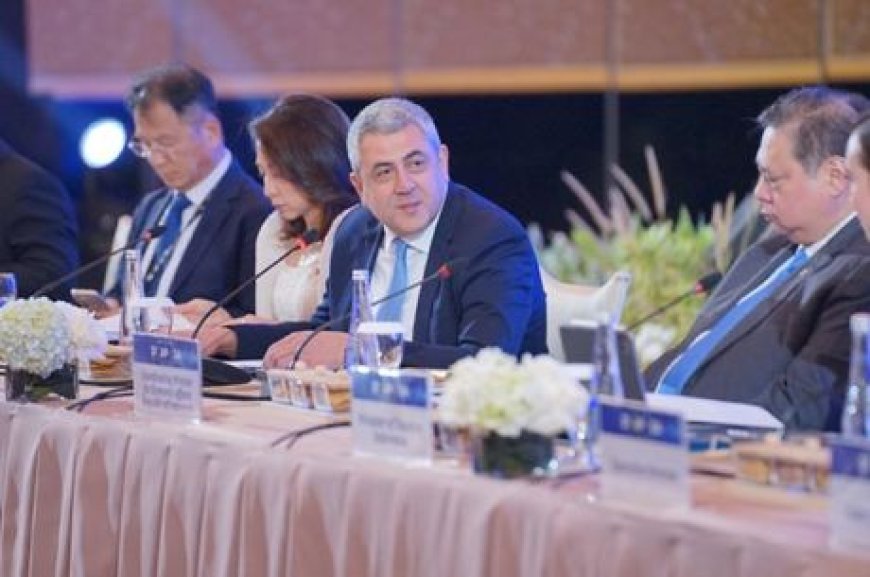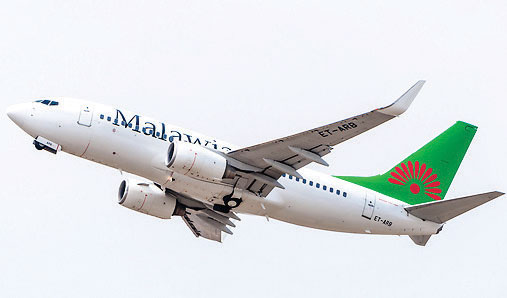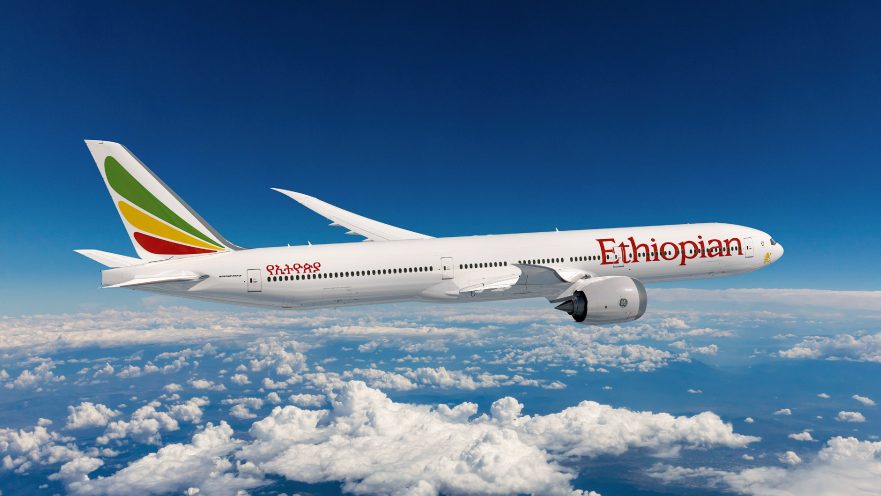UN Tourism Members from Asia and Pacific to Focus on Resilience and Sustainable Tourism for Region

In Jakarta, the Commission for Asia and the Pacific, alongside the Commission for South Asia, met jointly for the 37th time, with 17 countries represented.
Asia and Pacific returning to full tourism strength
According to UN Tourism’s data, after an initial slow recovery from the impacts of the pandemic, Asia and the Pacific has been rapidly returning to full strength. In 2024. Destinations in the region welcomed 316 million international arrivals between them, equivalent to 87% of pre-pandemic numbers, and up from 66% at the end of 2023. South Asia saw the best results by sub-region, with a 92% recovery, and Maldives posted the highest growth in the region, welcoming 20% more tourists than in 2019, followed by Japan, with 16%, Fiji with 10% and Sri Lanka 7% more compared to 2019. The Commission’s host this year, Indonesia welcomed 13.9 million tourists in 2024, recovering 86% of 2019 levels.
In Jakarta, Member States were brought up-to-date of the progress being made guiding the sector’s development in the region. The Report of the Secretary-General outlined progress made over the past year, most notably in the priority areas of Tourism Insights, Knowhow, Investments and Innovation, Education, and UN Tourism’s support on the ground for its Members.
Our shared priorities will lay the foundations for a more resilient and sustainable tourism sector for Asia and the Pacific. At the heart of it all, however, is innovation and youth empowerment through training and education. Asia and the Pacific is one of the most dynamic regions on Earth. It is a hub of digital transformation, new ideas and innovators. And the future looks very bright indeed. UN Tourism Secretary-General Zurab Pololikashvili
Investing in a resilient future
Between 2018 and 2024, Asia and the Pacific attracted over 640 greenfield tourism projects, worth a collective US$66 billion, and equivalent to more than one-third of global capital expenditure in tourism-related investment.
In Jakarta, UN Tourism made clear the need to further increase investment and direct FDI towards projects with the potential to enhance sustainability and boost resilience. Within the framework of the Commission meetings, UN Tourism hosted a first Regional Conference on “Tourism Policy on Circular Economy”, uniting public and private sector leaders to focus on key challenges including reducing waste, enhancing resource efficiency and rethinking supply chains across the sector. The Secretary-General also made clear intentions to keep enhancing the work of the Regional Office for Asia and the Pacific in Nara, Japan, working towards strengthening this office as a hub for a wide-reaching Tourism Resilience Programme.
Hand-in-hand with boosting investments in resilient infrastructure, UN Tourism is also guiding investment in people in the region. Education and human capital development is a key priority, with Member States updated on progress in this area. This includes the development of a first Co-branded Master’s in Tourism Management with Beijing International Studies University, with 15 full scholarships awarded annually, as well as a co-branded Master’s in Digital Marketing and Analytics with the Macao University of Tourism.
Looking ahead
In Jakarta, UN Tourism fulfilled its statutory obligations for the Organization, with elections held for key positions for the months ahead.
The Philippines and Maldives were nominated as Vice-Presidents for the upcoming 26th UN Tourism General Assembly. The Philippines was also nominated to Chair the Commission for South Asia, with the Maldives nominated to Chair the Commission for East Asia and the Pacific. Japan and Fiji were nominated as Vice-Chairs for East Asia and the Pacific, and India and Bhutan were nominated as Vice-Chairs of South Asia. Iran and India were nominated to represent the Asia and Pacific region on the UN Tourism Executive Council. All nominations are to be ratified by the General Assembly.
UN Tourism will return to Asia and the Pacific in September as Malaysia is the official host of World Tourism Day 2025.
About UN Tourism
The World Tourism Organization (UN Tourism) is the United Nations agency responsible for the promotion of responsible, sustainable and universally accessible tourism.
As the leading international organization in the field of tourism, UN Tourism promotes tourism as a driver of economic growth, inclusive development and environmental sustainability and offers leadership and support to the sector in advancing knowledge and tourism policies worldwide.
Our Priorities
Mainstreaming tourism in the global agenda: Advocating the value of tourism as a driver of socio-economic growth and development, its inclusion as a priority in national and international policies and the need to create a level playing field for the sector to develop and prosper.
Promoting sustainable tourism development: Supporting sustainable tourism policies and practices: policies which make optimal use of environmental resources, respect the socio-cultural authenticity of host communities and provide socio-economic benefits for all.
Fostering knowledge, education and capacity building: Supporting countries to assess and address their needs in education and training, as well as providing networks for knowledge creation and exchange.
Improving tourism competitiveness: Improving UN Tourism Members' competitiveness through knowledge creation and exchange, human resources development and the promotion of excellence in areas such as policy planning, statistics and market trends, sustainable tourism development, marketing and promotion, product development and risk and crisis management.
Advancing tourism's contribution to poverty reduction and development: Maximizing the contribution of tourism to poverty reduction and achieving the SDGs by making tourism work as a tool for development and promoting the inclusion of tourism in the development agenda.
Building partnerships: Engaging with the private sector, regional and local tourism organizations, academia and research institutions, civil society and the UN system to build a more sustainable, responsible and competitive tourism sector.
Our Structure
Members: An intergovernmental organization, UN Tourism has 160 Member States, 6 Associate Members, 2 Observers and over 500 Affiliate Members.
Organs: The General Assembly is the supreme organ of the Organization. The Executive Council take all measures, in consultation with the Secretary-General, for the implementation of the decisions and recommendations of the General Assembly and reports to the Assembly.
Secretariat: UN Tourism headquarters are based in Madrid, Spain. The Secretariat is led by the Secretary-General and organized into departments covering issues such as sustainability, education, tourism trends and marketing, sustainable development, statistics and the Tourism Satellite Account (TSA), destination management, ethics and risk and crisis management. The Technical Cooperation and Silk Road Department carries out development projects in over 100 countries worldwide, while the Regional Departments for Africa, the Americas, Asia and the Pacific, Europe and the Middle East serve as the link between UN Tourism and its 160 Member States. The Affiliate Members Department represents UN Tourism's 500 plus Affiliate members.
What's Your Reaction?
 Like
0
Like
0
 Dislike
0
Dislike
0
 Love
0
Love
0
 Funny
0
Funny
0
 Angry
0
Angry
0
 Sad
0
Sad
0
 Wow
0
Wow
0













































